The photoboobooks by Sohrab Hura, Hannah Darabi and Gao Shan awarded as best photobook at Paris PHOTO 2019.
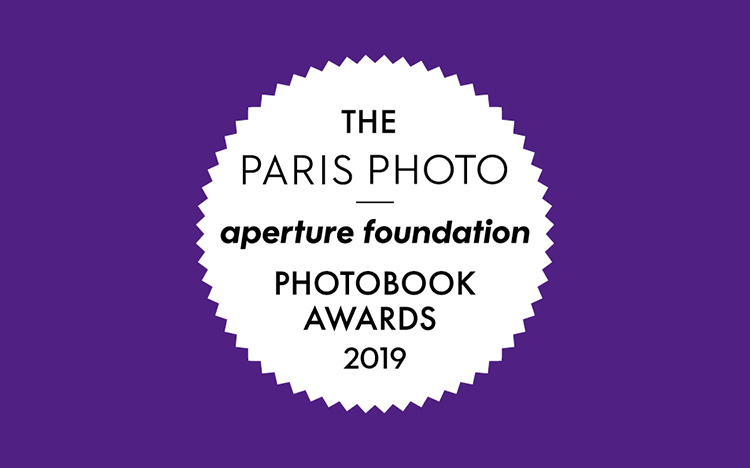
If it is true that the fluttering of a butterfly in Brazil can cause a tornado in Texas, then a single photograph can make a difference in every part of the world in which it is seen and determine a significant shift of perspective until it triggers a change long-term? Maybe thousands of miles away?
In mathematics we speak of the butterfly effect, in photography we can speak of awareness.
The jury that chose the winners of the 2019 Photobook Awards, made up of Irene Attinger, curator, pointed to this; Osei Bonsu, curator at the Tate Modern in London; Emma Bowket, director of photography at FT Weekend Magazine; Takashi Homma, artist; Nina Strand, publisher and founder of Objektiv Press.
The winners
The three winning photography projects of this edition want us to open our eyes to the reality that surrounds us, our history and the way we relate to the other, decisively altering the performance of our beliefs over time.
Since 2012 Paris Photo and Aperture Foundation have rewarded publishers and photographers who make a significant contribution to the relationship between storytelling and photography.
Photobook of the Year:
The Coast by Sohrab Hura
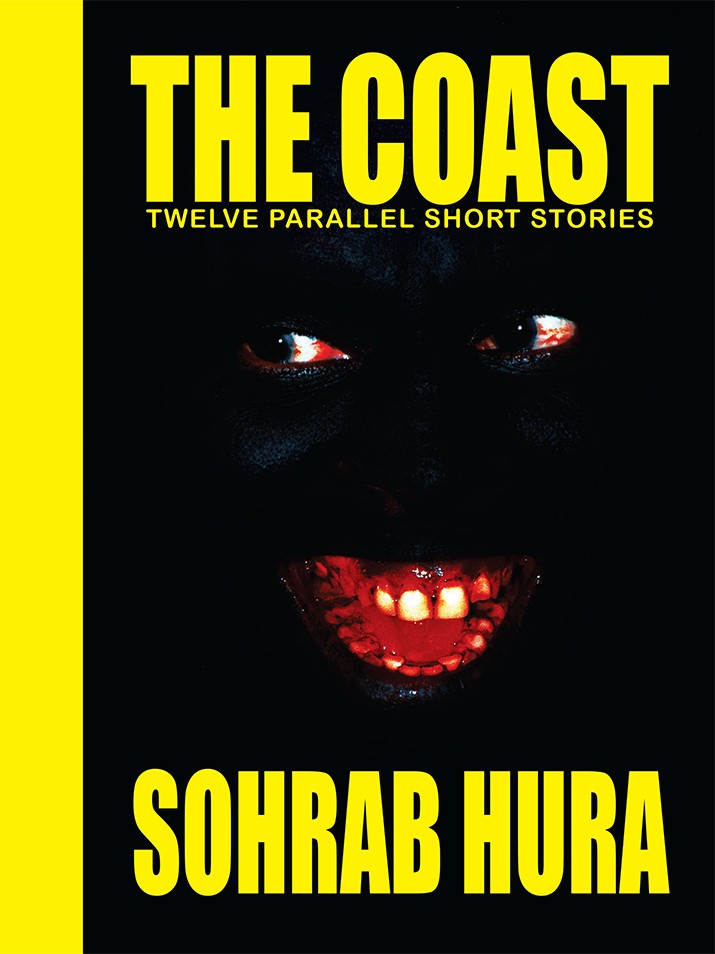
Sohrab Hura is an Indian artist who works with photography and video and The Coast is his fourth photo book. This is the last iteration of a long project that addresses and analyzes the issue of violence. His urgent, fast and immediate representation led to the making of the film The Lost Head & The Bird. The photo book is a sort of overcoming of the film because it explores some aspects that the expressive urgency of the video could not address.
So, the Coast recounts the violence that characterizes contemporary India through elusive and hallucinated images, shots taken in often nightmarish scenarios with people met along the Indian coast.
The narration develops in twelve different versions of the same story: an absurd story about a woman whose head was stolen by the obsessive lover. It is the details that make the difference because the iterations vary at an almost microscopic level, often they are few words that lead the reader and observer to take a different point of view on reality from time to time.
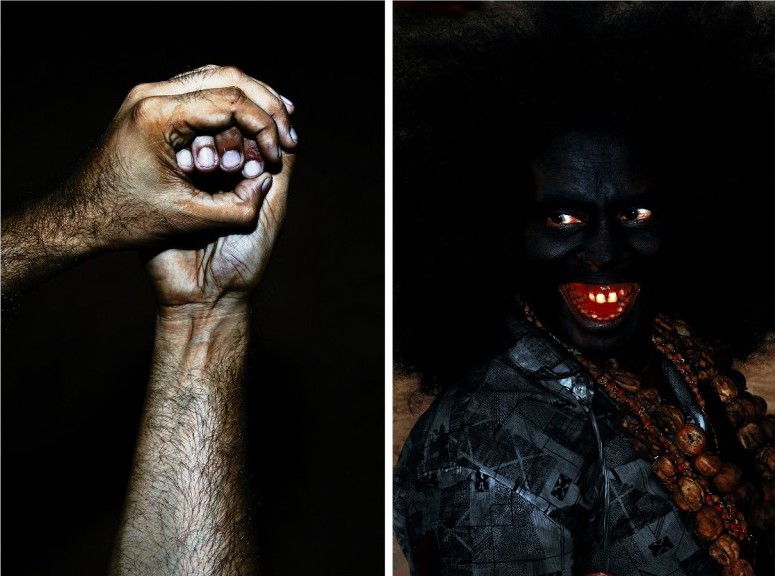
Photographs are real but everything is manipulated. The photos are de-contextualized, devoid of details and reference points because they want to make the boundaries of truth blurred.
Therefore the book is telling us that we are facing a world of masks, right from the cover. The photo in fact portrays a masked person during a religious festival, during which masks are worn which disappear by immersing themselves in the sea and letting themselves be purified from sins. Masks, sins, violence, poverty. It’s so easy to play with the details of the story and turn the facts around. Even in what we all call reality.
In the cross-section of India offered by the photographer everything can be excruciatingly real but it may not be. Sometimes reality is only the result of the manipulations or variations that are made of a story, exactly as in the book. And that’s exactly what makes its characters so helpless.
According to the artist “some might imagine to be a fable-like tale, while others might recognize in it, reality”.
Pages: 224
Format: Hard cover
Publisher: Ugly Dog
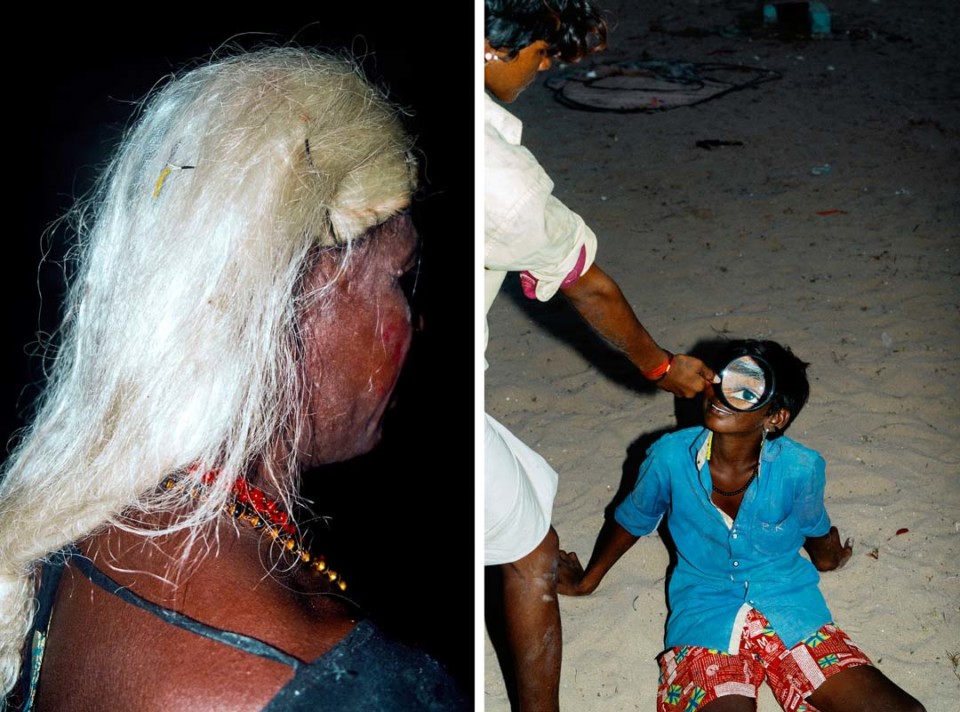
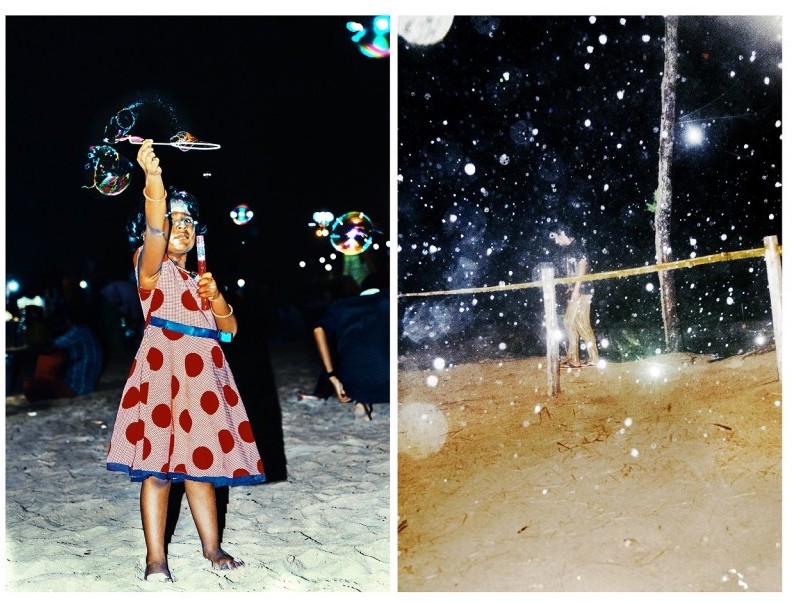
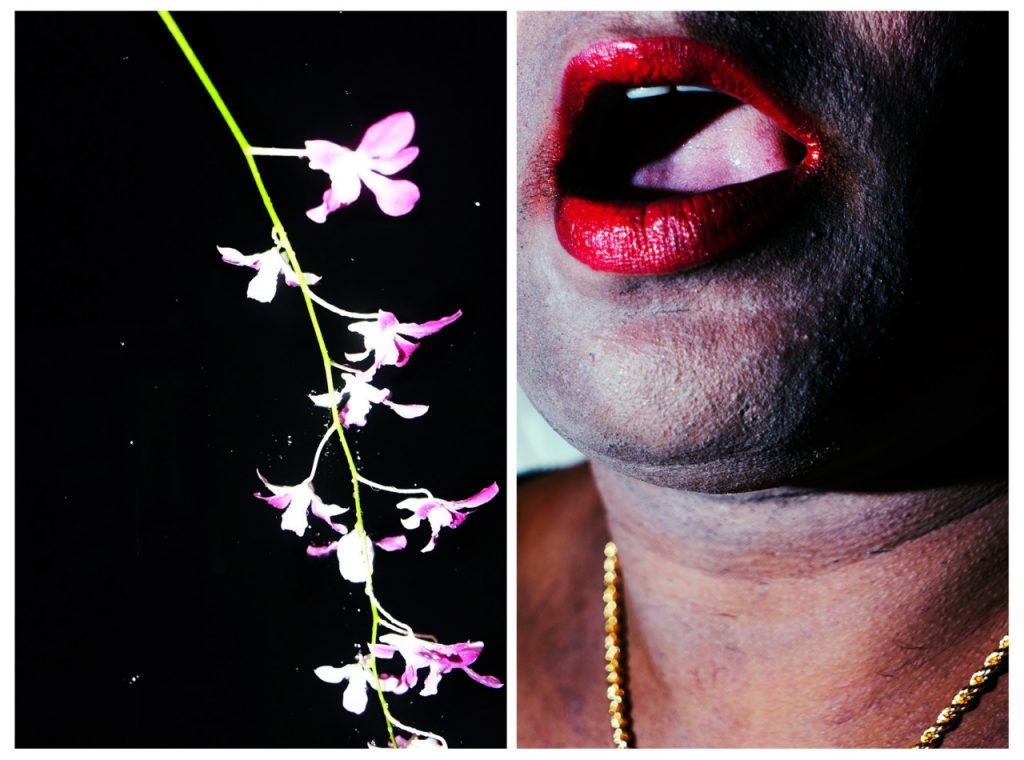
Catalogue of the Year:
Enghelab Street, A Revolution through Books: Iran 1979-1983 by Hannah Darabi
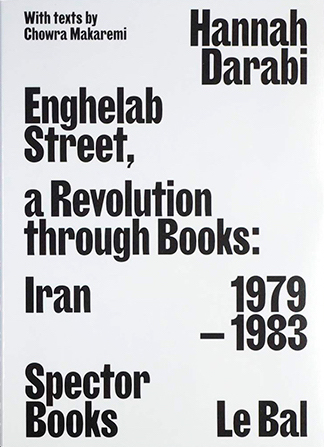
The title Enghelab Street, A Revolution through Books: Iran 1979-1983 was first of all the title of an exhibition, held in the LE BAL exhibition space in Paris, from 9 January to 11 February 2019. It subsequently became the title of a photographic catalog or better, a visual essay on freedom of opinion and freedom of the press.
The street that gives the title to the project: “Enghelab Street” is an important street in Tehran full of publishing houses and bookstores, the protagonist of a real outbreak of the production of books between 1979 and 1983. These were crucial years for the Iranian history that followed the fall of the regime and the post-revolutionary introduction of the Islamic republic. It was a pause of a few years but very intense for the Iranian publishing industry which reached a peak in production.
Hannah Darabi worked with the care and methodology of an archivist and collector: she collected several examples of books and photo books and put them in dialogue with personal documents and photos of her city.
Photobook Structure
The result is a book divided into three sections, full of personal and collective memories: first of all a general overview of Iranian photo publishing;
then a section dedicated to the book as a vehicle of ideas in a moment of strong expressive urgency that according to the author is visible in the aesthetics of the objects and in the little precious bindings;
finally a section of “reconstructions” made through documents, photos of personal and family objects.
The research behind Enghelab Street, A Revolution through Books is not just about Iran’s political history but about the culture and use of the image on an international scale. In fact, through very rare materials, often unavailable even online, it makes us reflect on the freedom of the press and cataloging with a very powerful contemporary aesthetic.
Pages: 540
Format: Soft cover
Publisher: Spector Books
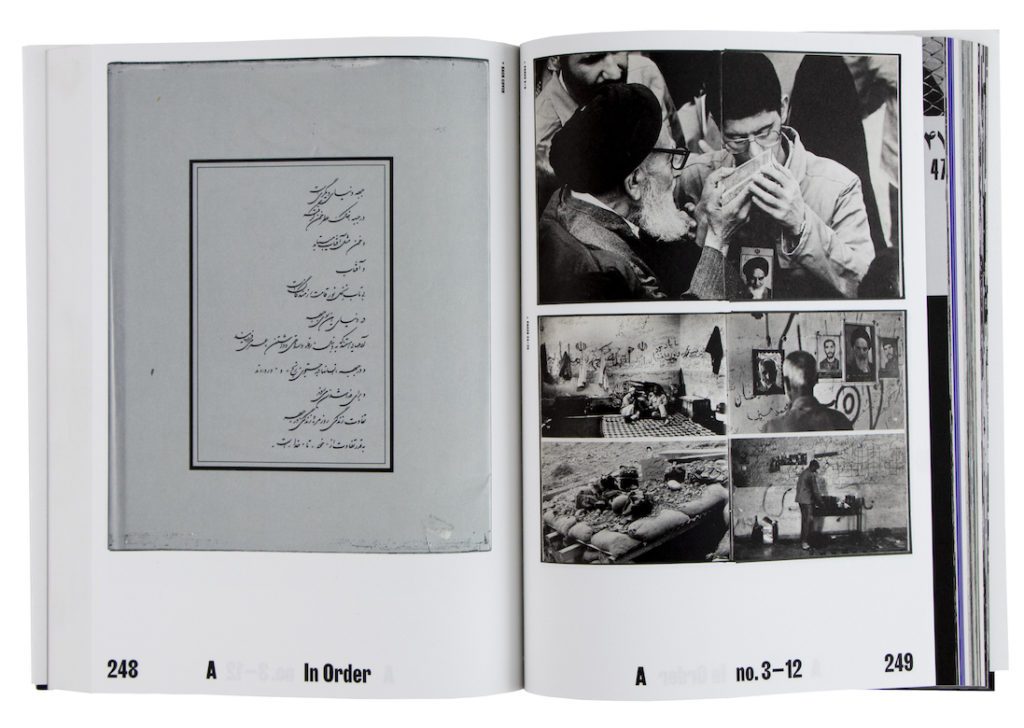
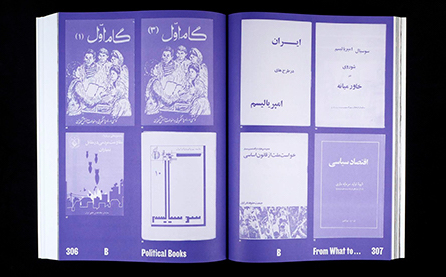
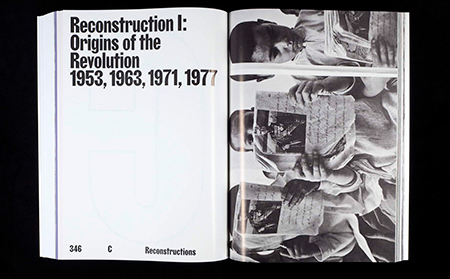
First monograph
The Eighth Day by Gao Shan
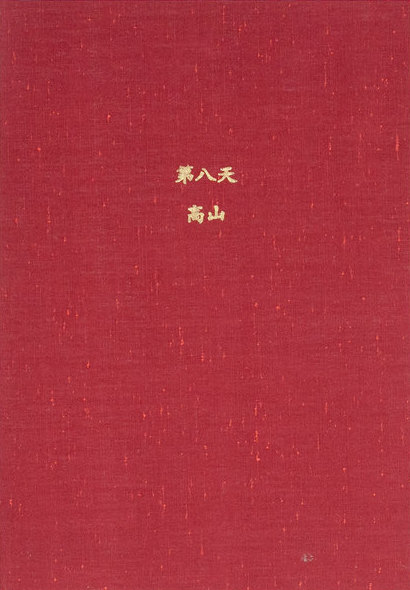
Eight.
Eight days from the photographer’s birth in Anyang in 1988 to the day of his adoption.
The Eighth Day is the result of a work started in 2016 and still in progress: it is a project born from the photographer’s desire to create a bond with the adoptive mother who has always felt distant, although always within walking distance of him.
Gao Shan captured the details of a daily life lived in close contact with his foster mother in a 70sqm apartment. What Gao returns to the observers of his work is a book of photographs taken almost obsessively but without documentary ends, a story of which he is not a spectator but a protagonist, through which he wants to overcome the indifference that he has felt for years.
Consequently, the camera becomes a tool to overcome the distance that characterized the relationship between mother and son: the keystone of a new relationship. A third life. A work that Joanna Milter called “inexplicably moving”.
Format: Softcover
Publisher: Imageless Studio, Wuxi
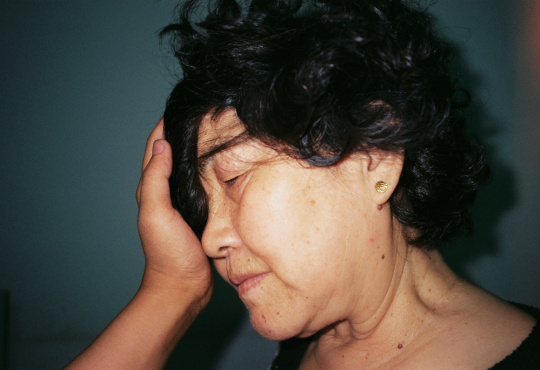
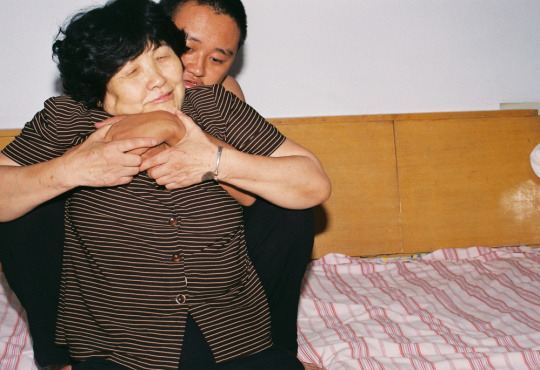
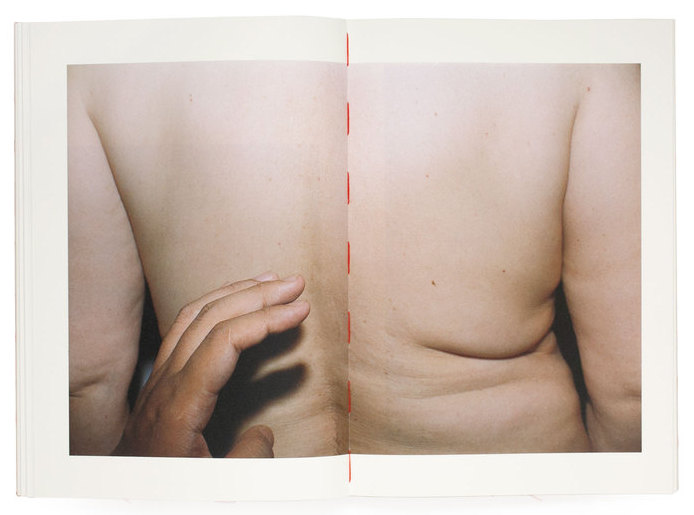
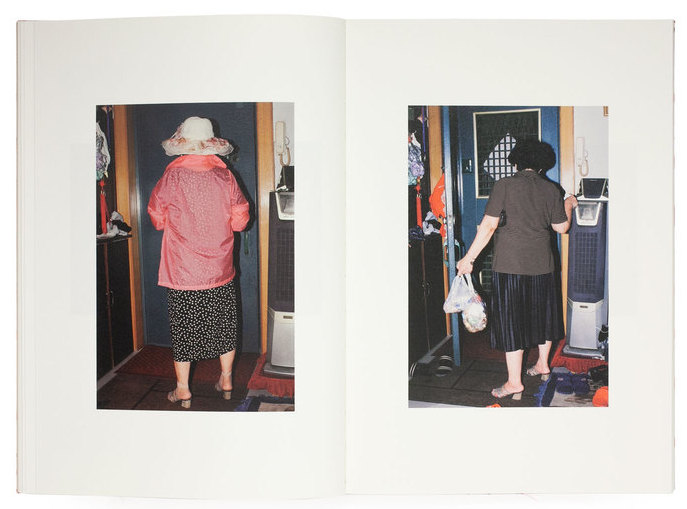
Credits:
Paris Photo
Aperture Foundation

Best you can see in the morning !